How To Control Your Emotions At Work

Workplace emotions surging? You're not alone. Here's your immediate guide to regaining control and navigating professional challenges effectively.
Mastering emotional regulation at work is crucial for career success and overall well-being. This guide provides actionable strategies to manage stress, conflict, and negativity, empowering you to maintain professionalism and productivity.
Understanding Your Emotional Triggers
Identify your triggers. What situations or interactions consistently provoke strong emotional reactions?
Journaling can help. Record your feelings, the context, and your response to pinpoint recurring patterns.
According to a 2023 study by Yale Center for Emotional Intelligence, self-awareness is the foundation of emotional regulation. Only by knowing what triggers you can you avoid it!
Immediate Strategies for Emotional Control
Take a deep breath. Before reacting, consciously slow down your breathing to calm your nervous system.
Step away. If possible, remove yourself from the situation to regain composure. This is critical.
Use positive self-talk. Replace negative thoughts with affirmations and reminders of your capabilities.
Conflict Resolution Techniques
Active listening is key. Fully focus on understanding the other person's perspective before responding.
Use "I" statements. Express your feelings and needs without blaming or accusing others, but use them sparingly.
Seek common ground. Identify areas of agreement to build a foundation for resolving disagreements. Use collaborative language, like "us", and "we".
Long-Term Emotional Management
Practice mindfulness. Regular meditation can improve your ability to observe your emotions without judgment.
Build resilience. Develop coping mechanisms for dealing with stress and setbacks, such as exercise or hobbies.
Seek support. Talk to a trusted colleague, mentor, or therapist for guidance and perspective.
According to research from the University of California, Berkeley, people with strong social support systems report lower levels of work-related stress.
Preventative Measures
Prioritize self-care. Ensure you're getting enough sleep, nutrition, and exercise to maintain emotional equilibrium. Without these, emotion regulation is a dream.
Set boundaries. Clearly define your limits and communicate them effectively to prevent overcommitment and burnout.
Learn to delegate. Don't try to do everything yourself; share responsibilities to reduce workload and stress. Delegating is a sign of strength, not weakness.
Dealing with Workplace Negativity
Limit exposure. Minimize contact with negative individuals or situations whenever possible.
Focus on solutions. Instead of dwelling on problems, channel your energy into finding constructive solutions.
Maintain a positive attitude. Cultivate gratitude and optimism to counteract the effects of negativity.
"Emotional intelligence is the key to both personal and professional success," emphasizes Dr. Susan David, author of Emotional Agility.
Next Steps
Implement these strategies immediately to start regaining control of your emotions at work. The journey isn't easy, but it is rewarding.
Continuously assess and refine your approach based on your individual needs and experiences. Don't be afraid to pivot.
Consider attending a workshop or seeking professional coaching to further develop your emotional intelligence skills, and make sure to share your knowledge with others!

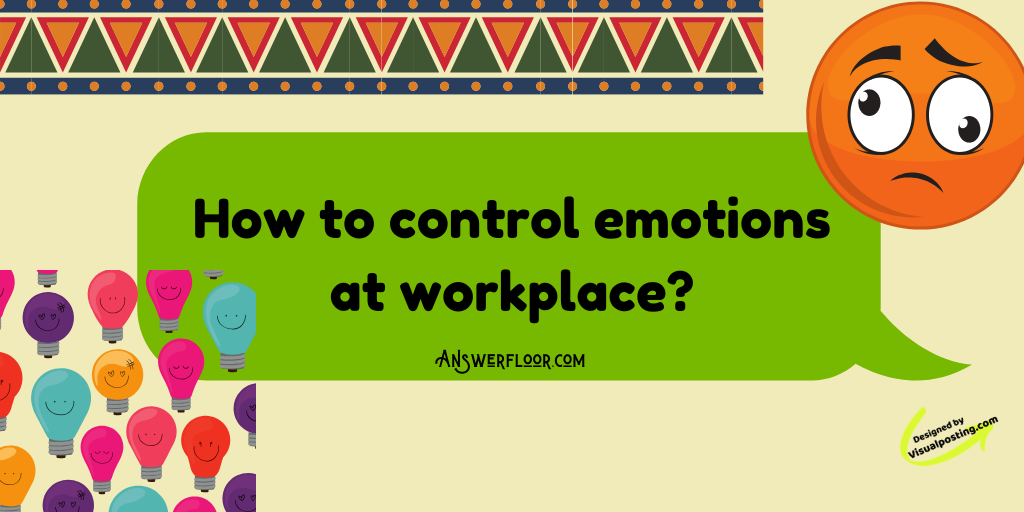
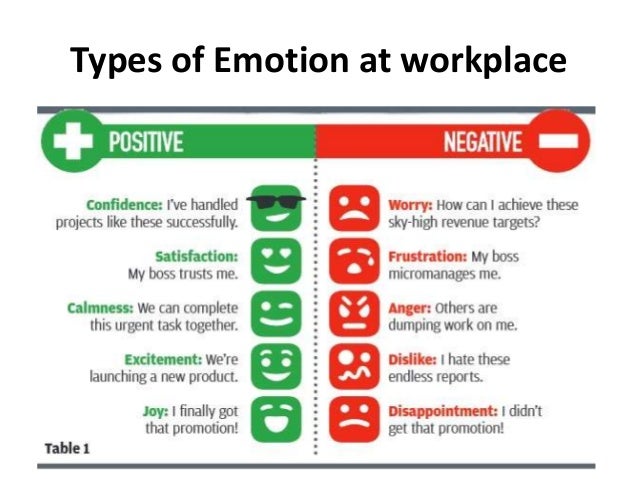




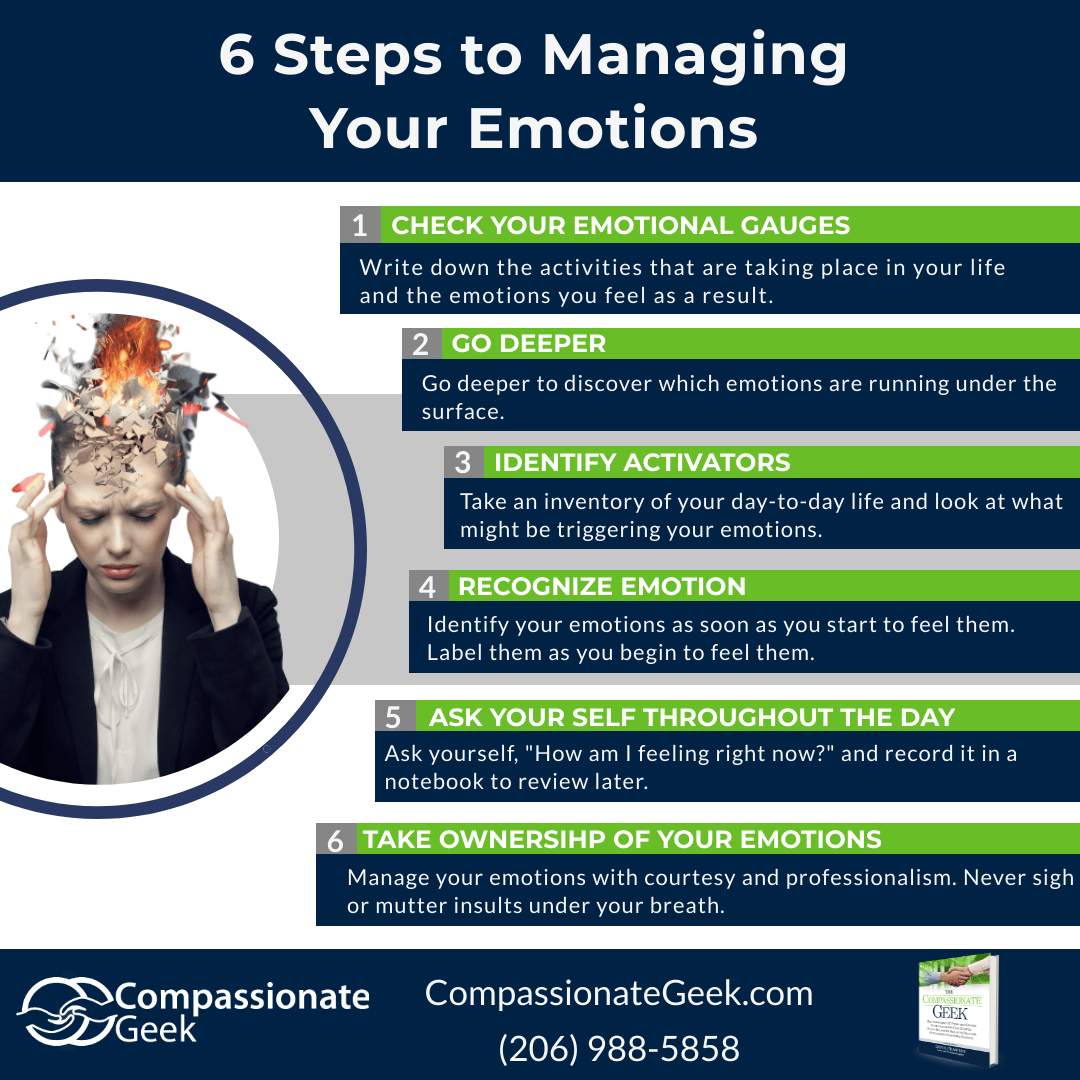
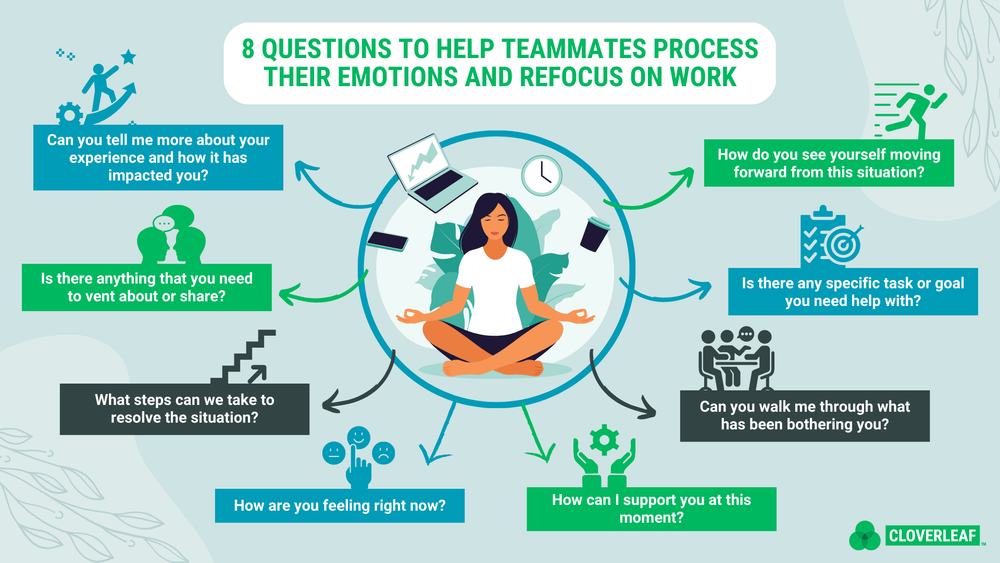

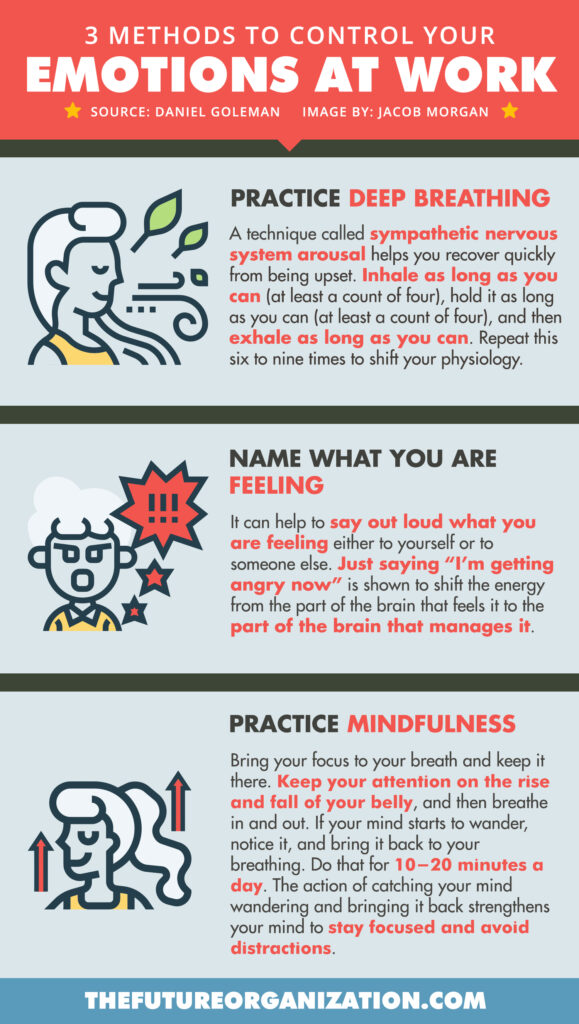



![How To Control Your Emotions At Work [Infographic] Emotions: 5 points to work on | Real Way of Life](https://www.realwayoflife.com/wp-content/uploads/2017/01/featu-emotion-5.png)



